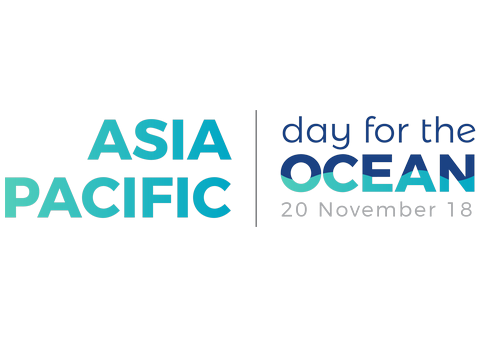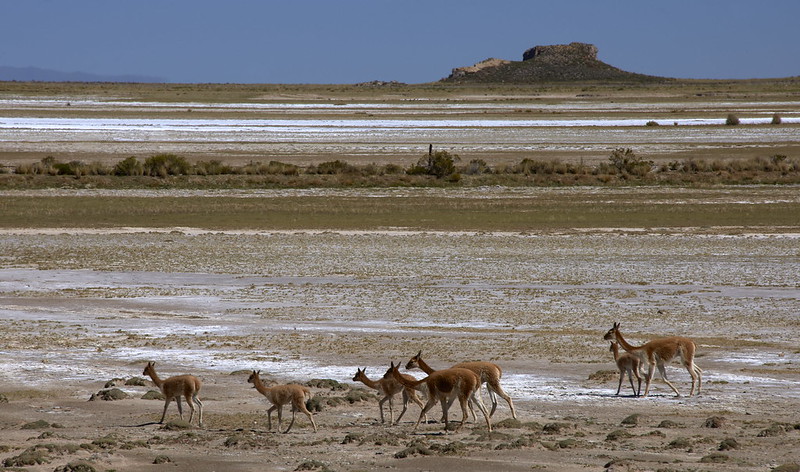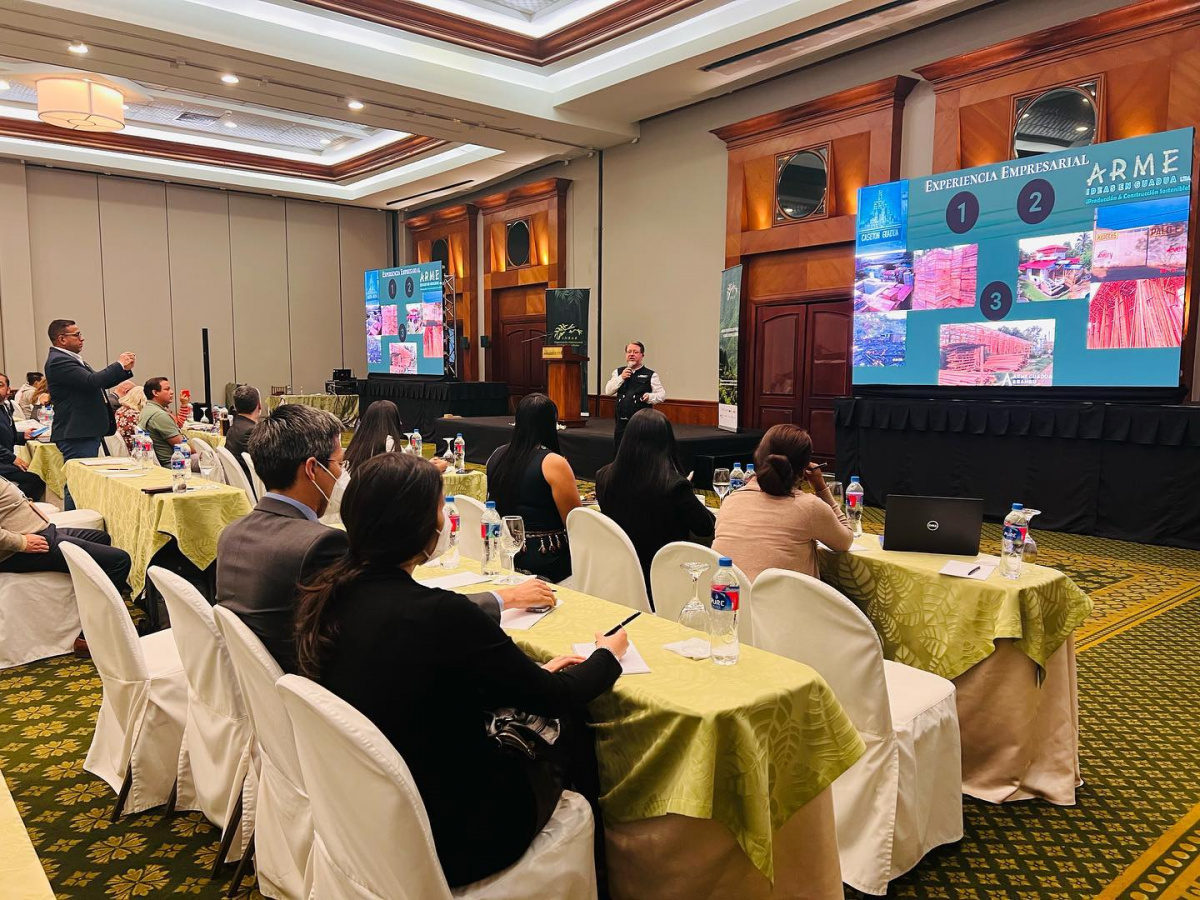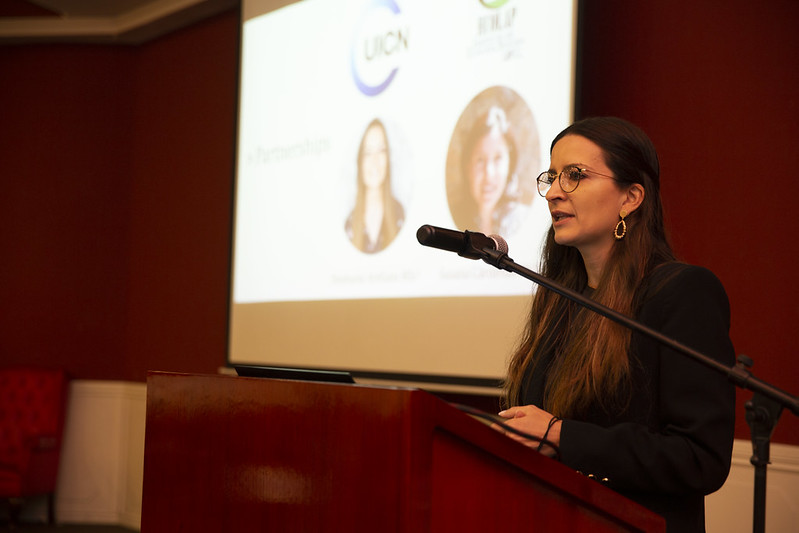Asia-Pacific Day for the Ocean: catalysing new commitments to improving ocean health in Asia-Pacific
On 20 November, IUCN Asia and Mangroves for the Future (MFF) attended the Asia-Pacific Day for the Ocean event in Bangkok. Taking place between the first Ocean Conference in 2017 and the second in 2020, the event gave ocean stakeholders – member states, UN agencies, civil society, and focal points such as IUCN – the opportunity to convene and assess progress towards achieving Sustainable Development Goal (SDG) 14. This is to conserve and sustainably use the oceans, seas and marine resources for sustainable development.

Photo: © UNESCAP
Participants took stock of progress on over 600 Voluntary Commitments made in the region and shared lessons learned. They also had the opportunity to secure more members for their Communities of Ocean Action (COAs) and even catalyse new commitments to improving ocean health in Asia-Pacific.
The event was organised by the UN Economic and Social Commission for Asia and the Pacific (UNESCAP) in collaboration with focal points of the COAs and Ambassador Peter Thomson, UN Special Envoy for the Ocean. Activities and Commitments were reviewed through interactive discussions and presentations, exhibits, and breakout sessions, along the themes of the Communities of Ocean Action and SDG 14 targets.
Aban Marker Kabraji, IUCN Asia Regional Director and Director of the IUCN Hub for Asia-Oceania, represented the Community of Ocean Action for mangroves. Along with Dr Paul Marshall, Director of Reef Ecologic, who represented the COA for coral reefs, Ms Kabraji set the scene for regional progress on healthy marine and coastal ecosystems at Session A. During the same session, the Thailand Department of Marine and Coastal Resources (DMCR) gave a presentation on the Government of Thailand’s Voluntary Commitment towards sustainable management of marine and coastal habitats. The DMCR was joined by organisations such as Marine Conservation Philippines, Stop Fish Bombing!, Sustainable Surf, and others.
“Despite their multiple benefits for our environment and people, and despite being one of our best allies in addressing climate change, our mangroves are in dire trouble,” said Ms Kabraji. “But there is a lot of good work being done.” The mangrove COA has had 116 Voluntary Commitments to date, over 40% of which were from Asia-Pacific. Most were made in the last year, predominantly by NGOs and governments. Ms Kabraji noted an opportunity to increase commitments in the Western Indian Ocean, and also from the private sector.
Alongside these opportunities, there are also challenges, including a lack of data sharing. The solution identified for this was improved outreach, especially to regional networks and organisations such as the Coral Reef Working Group and Mangroves for the Future, an IUCN-UNDP initiative.
For all of these strategies to be effective, the COAs must be relevant to developing countries.
“To be relevant,” said Dr Marshall, “we need to deliver real outcomes that address the needs of stakeholders in beneficiary countries.” Session participants suggested several means of ensuring delivery. One was to create a section on the COA website that would connect funding organisations with projects in need of support. Another was to refine Voluntary Commitments to align with specific SDG indicators, helping countries use the COAs more easily in SDG reporting.
Other breakout sessions during the day included topics such as marine pollution, ocean acidification, and sustainable fisheries. ESCAP also identifies unsustainable trade and transport, unplanned urbanisation, and inadequate coastal and marine governance as threats to ocean health and sustainable development. Countries in Asia-Pacific are both major sources of ocean degradation and highly vulnerable to its impacts, which are being exacerbated by climate change.
Moving forward, the COA on mangroves plans to hold regional webinars to strengthen connections between members of the COA, share experiences and best practice, and discuss how to address common challenges to implementing Commitments. The COA will also hold a joint workshop in 2019 with the COA for coastal and marine ecosystem management. Continued outreach at regional and international events will secure more commitments and raise awareness of the need for action to on mangrove ecosystems so they continue to benefit people and planet.
For further information or to register a Voluntary Commitment, visit oceanconference.un.org/coa
Mangroves for the Future (MFF) is a partnership-based regional initiative which promotes investment in coastal ecosystem conservation for sustainable development. MFF focuses on the role that healthy, well-managed coastal ecosystems play in building the resilience of ecosystem-dependent coastal communities in Bangladesh, Cambodia, India, Indonesia, Maldives, Myanmar, Pakistan, Seychelles, Sri Lanka, Thailand and Viet Nam. The initiative uses mangroves as a flagship ecosystem, but MFF is inclusive of all types of coastal ecosystem, such as coral reefs, estuaries, lagoons, sandy beaches, sea grasses and wetlands. MFF is co-chaired by IUCN and UNDP, and is funded by Danida, Norad, and Sida and the Royal Norwegian Embassy in Thailand.



